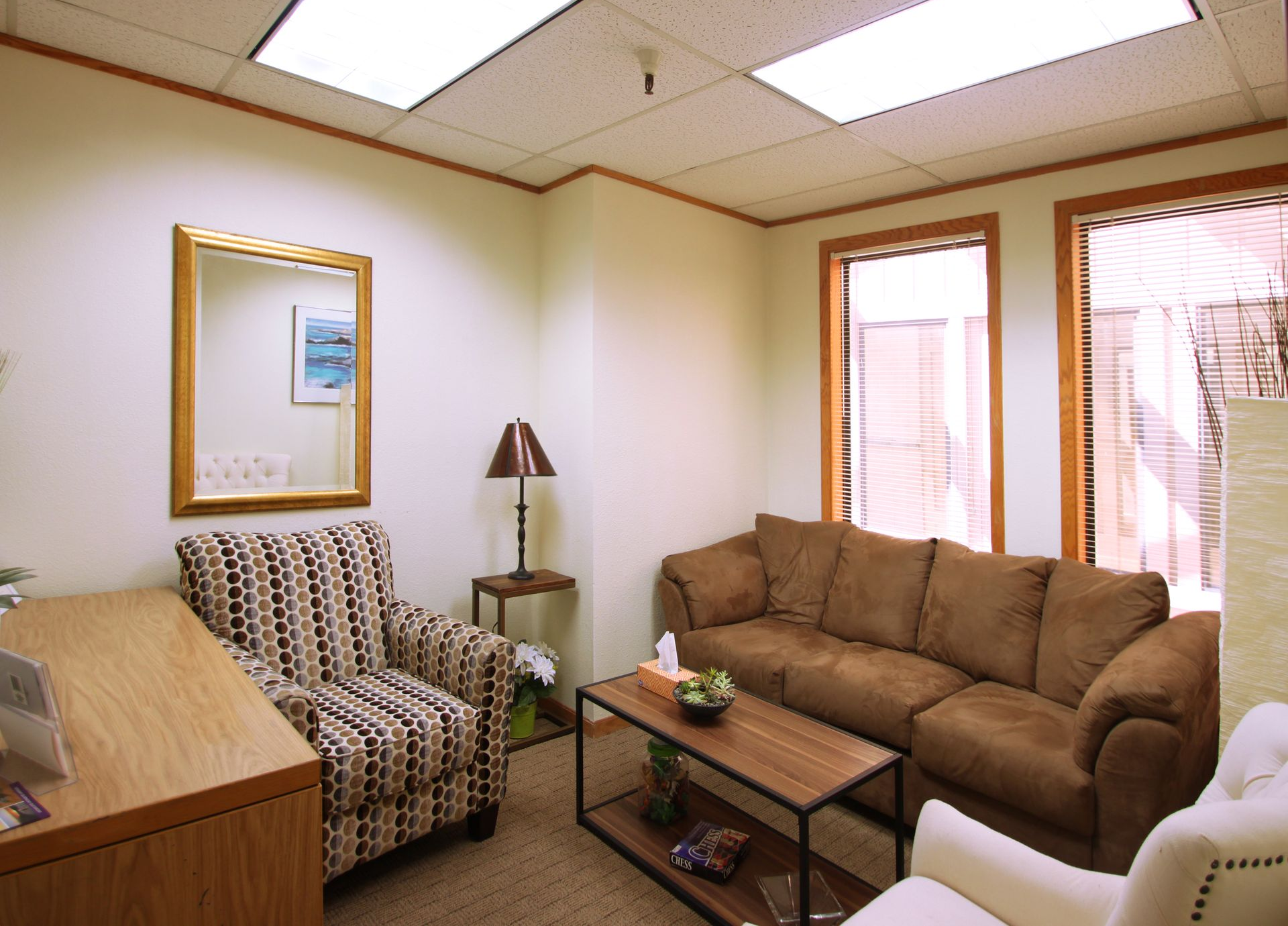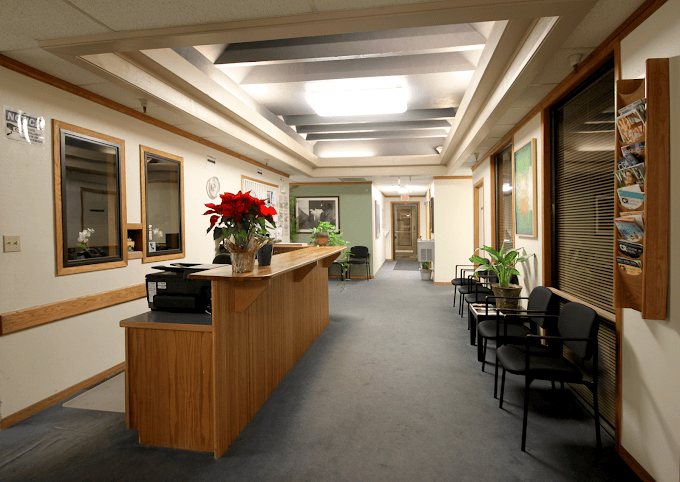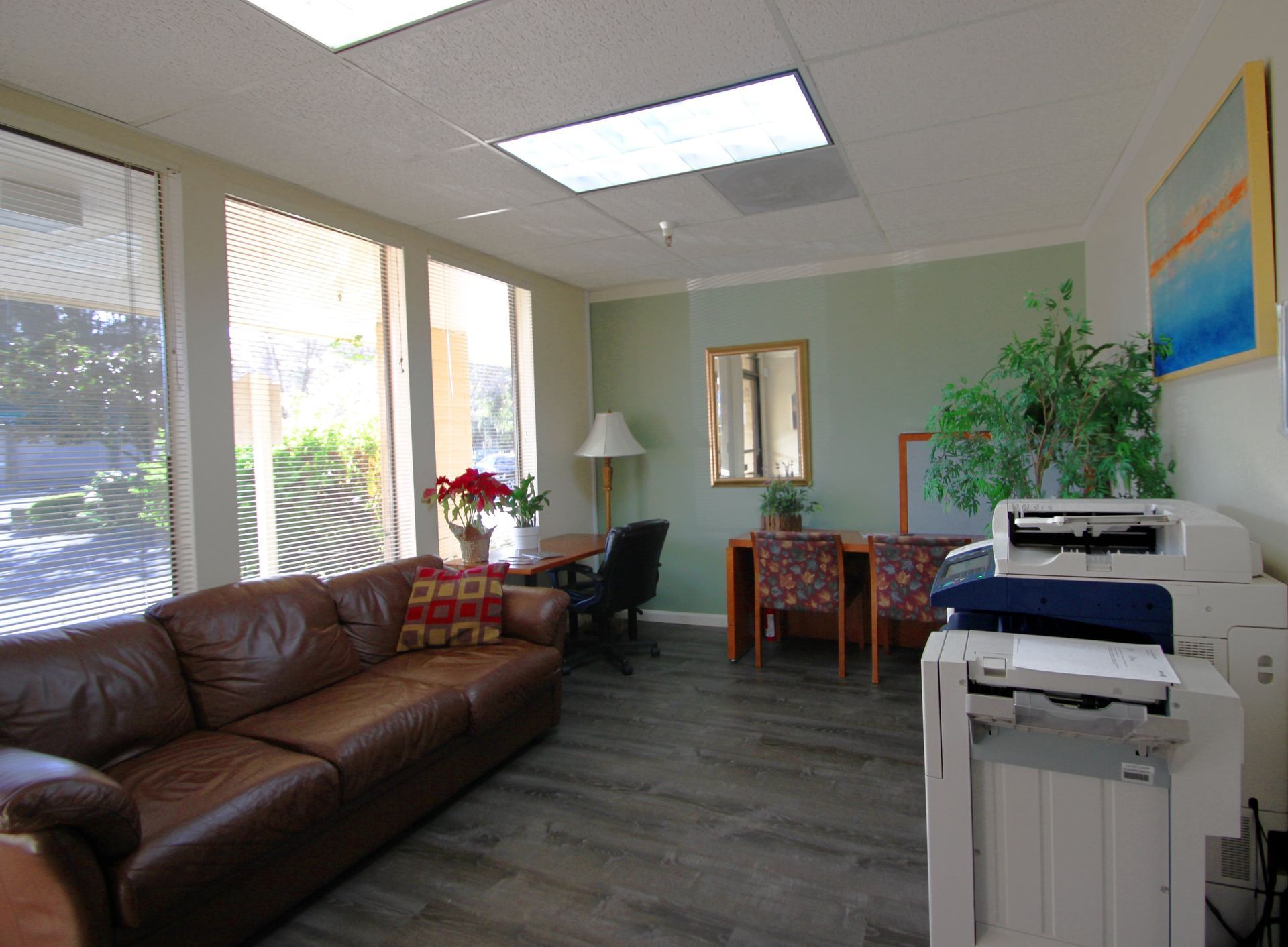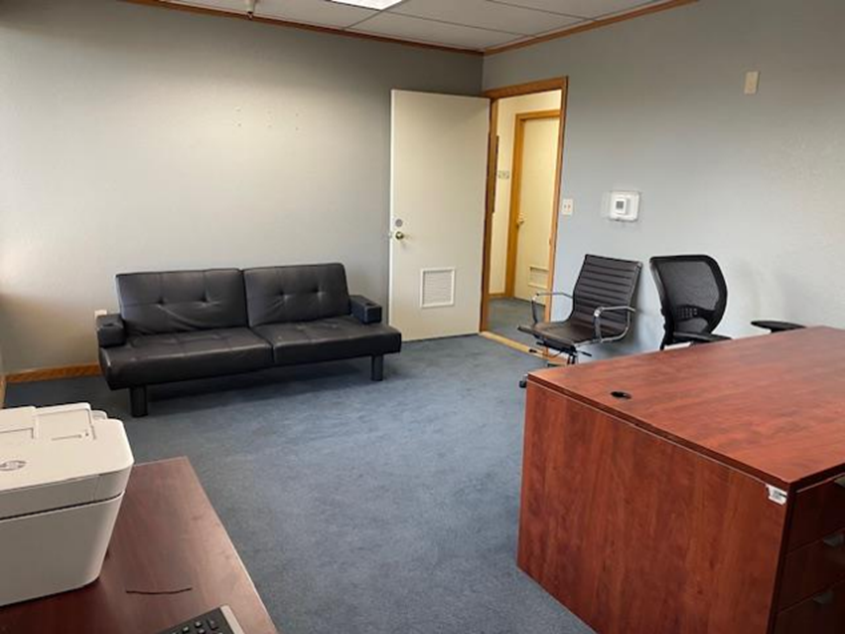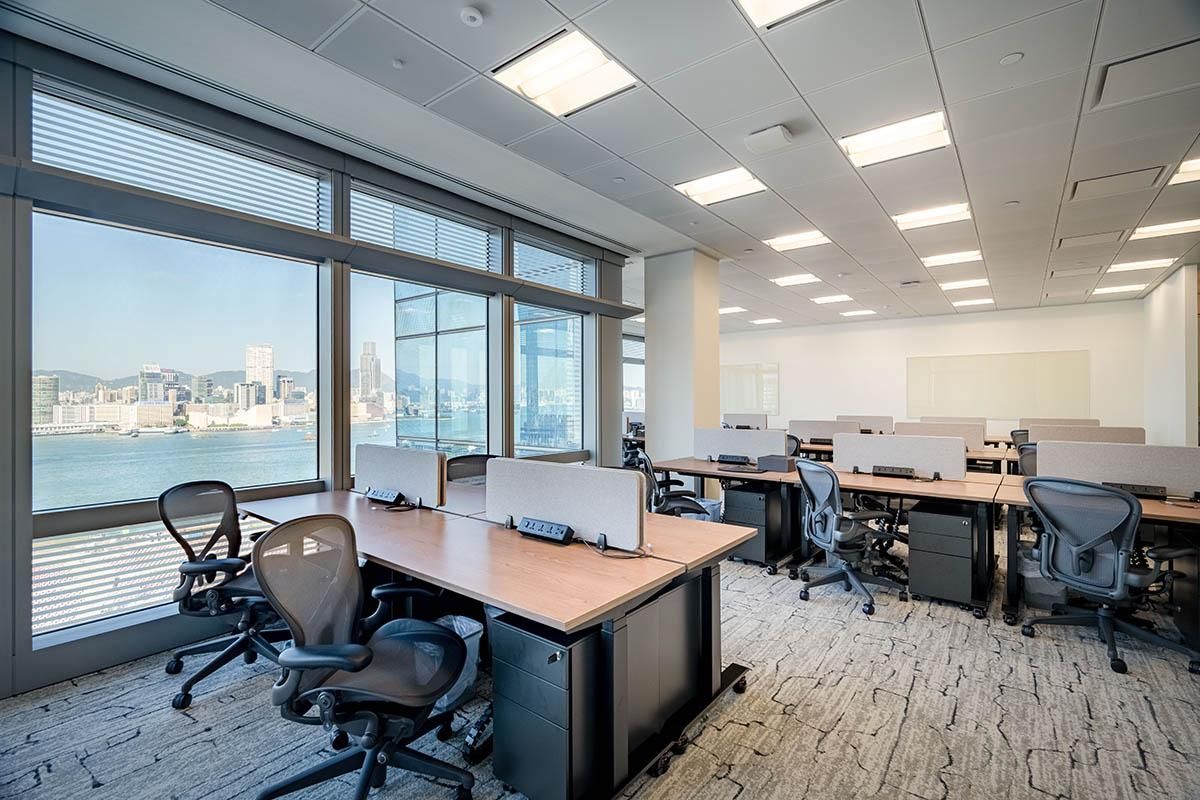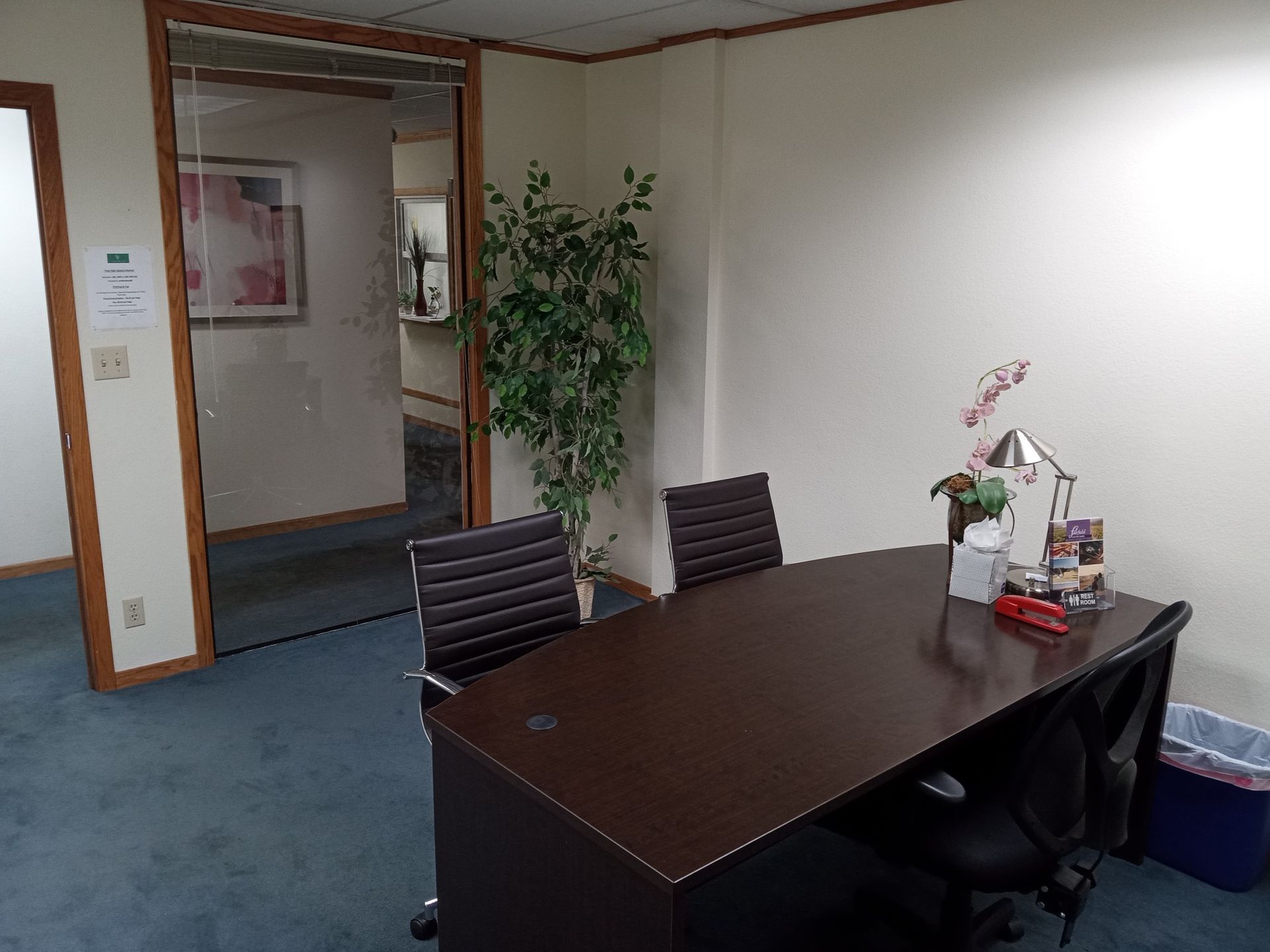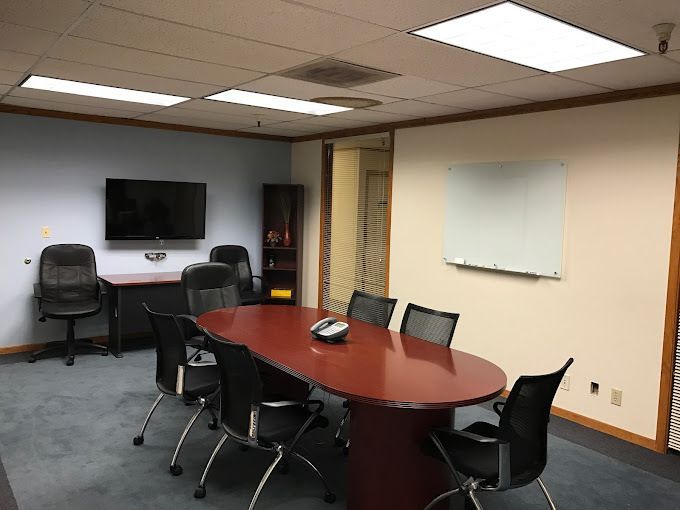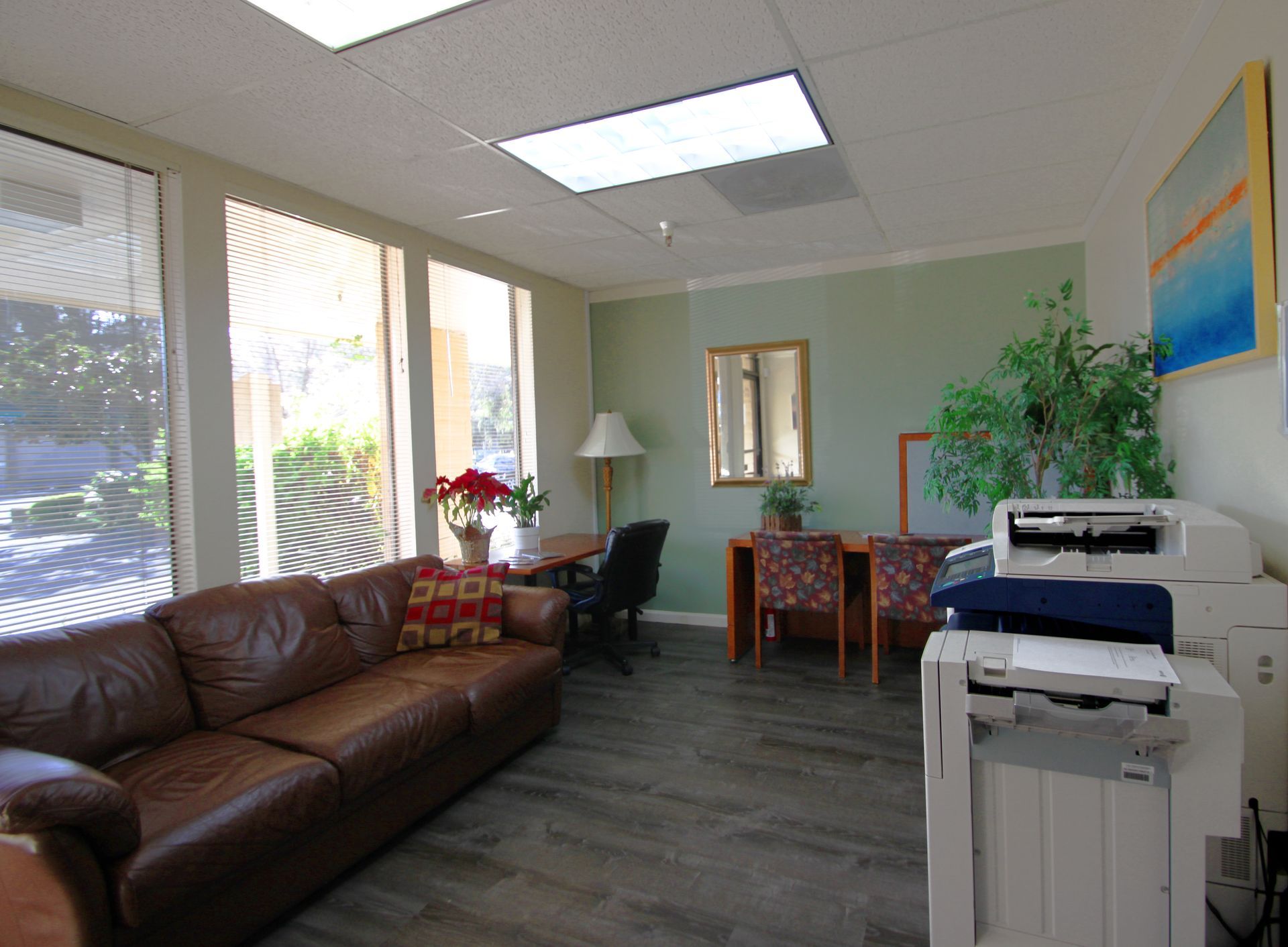New Paragraph
Find Office Space for Lease: A Strategic Guide for Modern Businesses
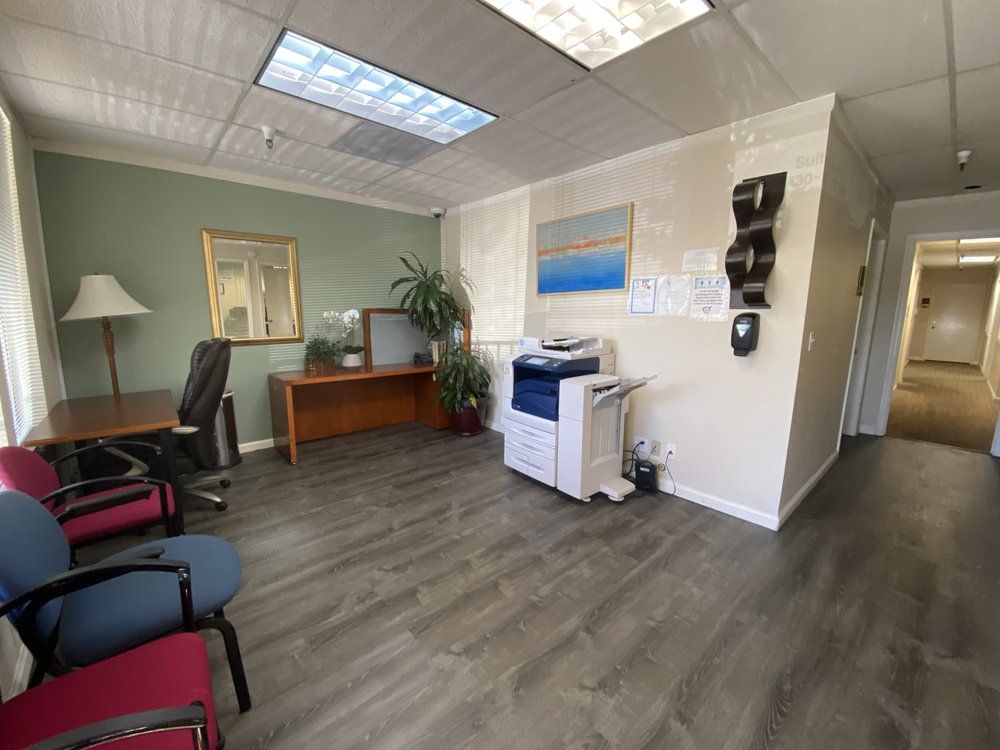
If you're planning to find office space for lease, you're not alone. Thousands of businesses every year take this step to expand, relocate, or streamline operations. Leasing gives you access to modern amenities without the long-term commitment of owning property. Moreover, it offers the flexibility that growing businesses need.
Why Find Office Space for Lease Instead of Buy?
On the other hand, leasing allows companies to invest capital in growth areas rather than real estate. Additionally, leased spaces are typically move-in ready, reducing downtime.
Types of Office Spaces Available
Before you lease, it's important to understand the different types of office spaces available:
Private Offices – Ideal for businesses requiring privacy and minimal distractions.
Co-working Spaces – Great for freelancers, startups, and small teams looking for flexibility.
Executive Suites – Fully furnished, professional offices often located in prime buildings.
Open-plan Offices – Perfect for collaborative teams who thrive in shared environments.
Key Considerations When Find Office Space for Lease
To find office space for lease successfully, you need to evaluate a few important factors:
Location: Ensure the location is convenient for both your team and clients. Being near public transportation and major roads adds extra accessibility.
Budget: Consider not only monthly rent but also operating expenses, utilities, and potential renovation costs.
Size: Choose a space that matches your current team size but also leaves room for future growth.
Lease Terms: Understand the length, renewal options, rent escalation, and any exit clauses.
Infrastructure: Ensure the building has strong internet connectivity, HVAC, security systems, and sufficient parking.
Benefits of Leasing Office Space
Leasing comes with numerous advantages. For starters, it allows your business to stay agile. You can scale up or down more easily compared to owning property. Leasing also places fewer maintenance responsibilities on tenants. Most commercial landlords handle building maintenance, letting you focus on core operations.
Another benefit is location. Leasing gives you access to premium areas that might otherwise be unaffordable if purchased outright. These spaces also tend to be better maintained and equipped.
Common Lease Structures For Find Office Space for Lease
When you find office space for lease, you'll encounter several types of commercial lease agreements. Understanding these can help you negotiate better.
Gross Lease: Tenant pays a single rent amount, and the landlord covers all expenses.
Net Lease: Tenant pays rent plus some operating expenses like property taxes, insurance, and maintenance.
Triple Net Lease (NNN): Tenant is responsible for base rent and all operational costs.
Modified Gross Lease: A compromise between Gross and Net, where both parties share certain costs.
How to Start Your Find Office Space for Lease
To begin, create a checklist of your office requirements. Include location preferences, space needs, budget limits, and amenities. Next, use online platforms such as LoopNet, Craigslist, or commercial realtor websites. These platforms let you filter by location, price, and office type.
However, don't rely solely on online searches. Networking with local business communities or contacting a commercial real estate agent can yield better results. Agents often have access to off-market listings and can negotiate favorable terms on your behalf.
Site Visits and Inspections
Once you shortlist a few options, schedule site visits. During these visits, pay attention to the layout, natural lighting, and overall condition of the property. Also, check the common areas, elevators, and restroom facilities.
Take photos, ask questions, and gather all relevant documentation. If necessary, bring a contractor to assess potential improvement costs. These observations will help you compare locations more accurately.
Questions to Ask the Landlord
Before committing, clarify key lease details with the landlord:
- What is included in the rent?
- Are there any hidden charges?
- Who handles maintenance and repairs?
- Can the lease be renewed, and under what terms?
- What are the penalties for breaking the lease early?
- Is subleasing allowed?
Getting answers to these questions helps you avoid unpleasant surprises later.
Lease Negotiation Tips
Once you find office space for lease that fits your needs, it’s time to negotiate. Don’t accept the first offer. Landlords usually expect some negotiation. You can ask for:
- Rent reductions or free months
- Improvement allowances
- Shorter lease durations
- Lower rent increases
Have a legal expert review the finalized lease agreement to ensure everything is in order. They can ensure your interests are protected and highlight any concerning clauses.
Costs Beyond Rent
Renting office space includes more than simply covering the monthly rent. You may encounter:
- Common Area Maintenance (CAM) charges
- Property taxes
- Insurance
- Utility bills
- Internet and phone service
- Furnishing and décor expenses
Factor all these into your budget to get a clear picture of the total cost.
Technology and Utilities
Modern businesses need reliable tech infrastructure. Confirm that the office supports high-speed internet and has sufficient electrical outlets. Ask about phone lines, server rooms, and whether you can install custom networking systems.
In addition, verify the availability of climate control, backup power, and proper lighting. Efficient utilities can significantly enhance workplace productivity.
Designing and Branding Your Space
Choose colors, signage, furniture, and layout that align with your corporate identity. Open office layouts encourage collaboration, while closed offices suit privacy needs. Good office design improves morale, increases efficiency, and makes a great impression on clients.
Sustainability and Green Features
Eco-friendly offices are in high demand. These properties often use energy-efficient lighting, have recycling programs, and utilize smart HVAC systems.
Exit Strategy
Always have an exit strategy. Review early termination clauses carefully. If your business contracts or grows unexpectedly, flexibility can save you from costly penalties. Also, understand the condition the space must be in upon exit—some landlords require tenants to restore the property to its original state.
Final Thoughts on Find Office Space for Lease
To find office space for lease successfully, you need to plan ahead, do your research, and negotiate smartly. Leasing gives you room to grow, adapt, and stay competitive in a fast-moving market.
By following the strategies above, you’ll be well-equipped to choose the right space that supports your team, impresses clients, and drives business success. Remember, the right office isn’t just a location—it’s a tool for growth.


